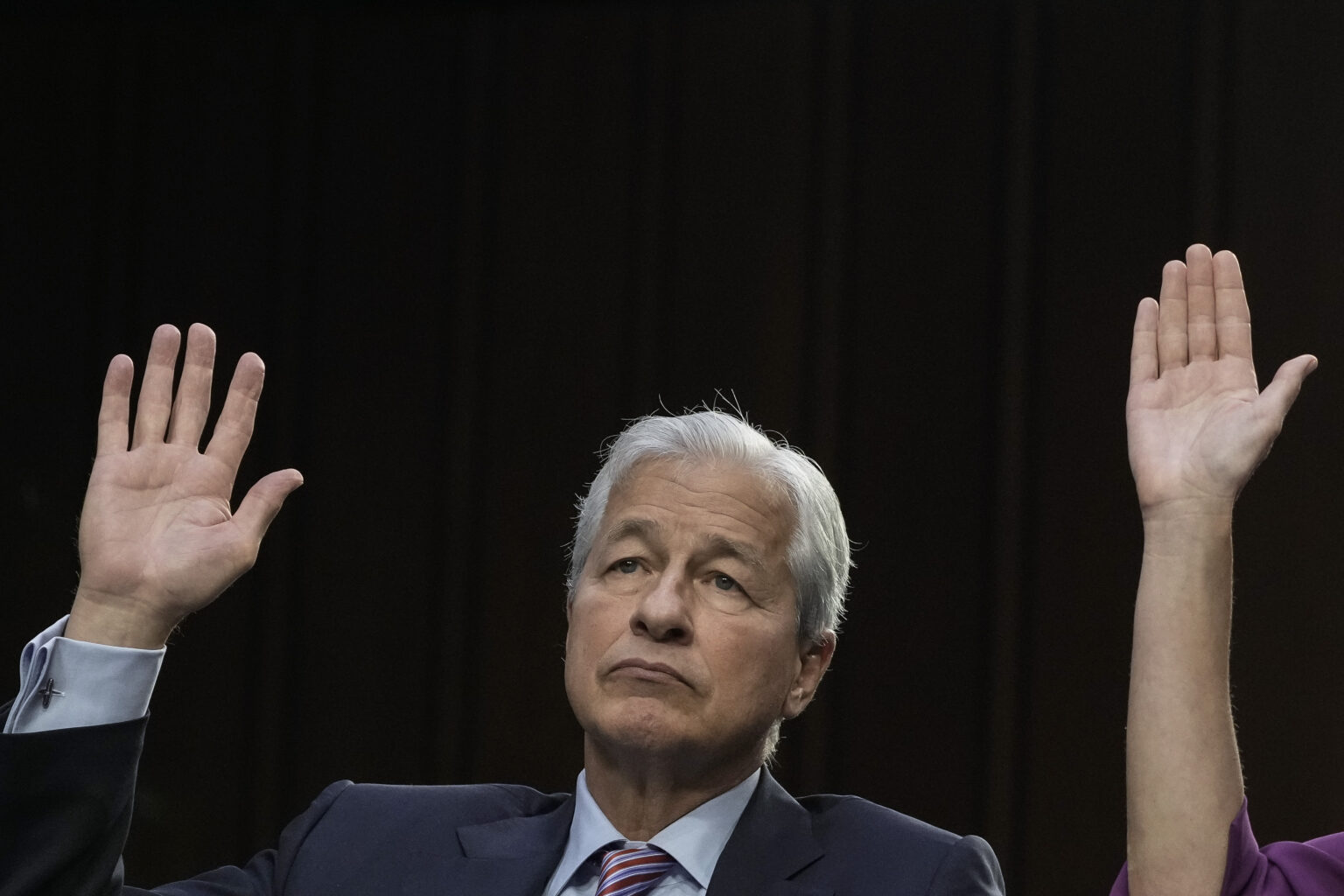JPMorgan Chase CEO James Dimon criticized several proposed financial regulations at a conference for the American Banker’s Association, saying they don’t necessarily make banks safer.
The proposals call for new rules on capital regulations, card payments, and open banking. He refers to them as “a regulatory tsunami.”
Dimon especially expressed concern about a package of proposed regulation called the Basel III endgame. This proposal would bring regulation more in line with recommendations from the Basel Committee on Banking Supervision.
Dimon says some of line items in Basel III, such as the Consumer Financial Protection Bureau’s “open banking” rules requiring data sharing between banks, could actually increase crime such as fraudulent money transfers. He expressed concern that open banking could lead to consumer data becoming compromised.
The Basel Committee says these recommendations would help the financial industry improve its ability to absorb economic shocks such as the financial crisis of 2007–2009.
Dimon is critical of regulations that limit the amount that banks can charge for debit cards while placing few such limits on card issuers, calling it “gross and unfair.”
Some state-level regulators have placed limits on “swipe fees” that card issuers charge vendors.
“It costs a lot of money to process cash. If they don’t like debit or credit, let them take cash,” Dimon says. “Let them surcharge. But to tell us that doesn’t cost any money and they just want it for free?”
However, the Credit Card Competition Act is languishing in a Congressional committee.
The Federal Reserve has already made concessions on regulatory proposals, namely, reducing big bank capital requirements from 19% to 9%.
Bank capital requirements are the amount of total “cash on hand” banks must keep on hand to cushion any potential “black swan” downturns to prevent insolvency. Requiring banks to keep a higher percentage of their total capital in reserves means they aren’t able to invest or loan those funds out in the pursuit of returns on investments.
For instance, if the total deposits held by the bank amount to $1 million, the bank would need to maintain $190,000 in reserve. This reserve would provide a buffer in case of market downturns or if a large number of customers attempted to withdraw their funds simultaneously.
Under the revised plan, a bank holding $1 million in deposits would only be required to keep 9% on hand.
However, that may not be enough to satisfy JPMorgan executives. Dimon says many banks do not want to push back against new regulations because regulators “would just come and punish you more.”
He says he also heard from individuals working for the Federal Reserve, “You know they are coming after you,” in a likely reference to JPMorgan’s recent statements on the Federal Reserve’s efforts to combat inflation.
“We don’t think the Fed did the numbers right,” Dimon says.
JPMorgan previously questioned the Federal Reserve’s Federal Funds Rate’s value as a measure of liquidity. It cited the relatively small size of the federal funds market.
The daily volume for federal funds is typically between $50 billion and $100 billion. The New York Fed’s Secured Overnight Financing Rate uses overnight loans using Treasury securities as collateral, which typically sees a daily volume of $2 trillion. JPMorgan says the Secured Overnight Financial Rate is a more useful tool for determining market liquidity.
In Dimon’s estimation, the regulatory environment is already so burdensome for banks and their customers that “[w]e are suing our regulators over and over and over because things are becoming unfair and unjust,” Dimon says.
As for what Dimon thinks banks should do?
“Pick up the gauntlet and get in the fight. Legally.”
Dimon’s pledge to fight back against proposed regulation in court hasn’t stopped the regulators from levying large fines.
Most recently, JPMorgan settled the SEC’s charges of violating investor protection laws and will pay $151 million in fines.
The information provided in this article is intended for general informational purposes only and does not constitute financial or legal advice.


